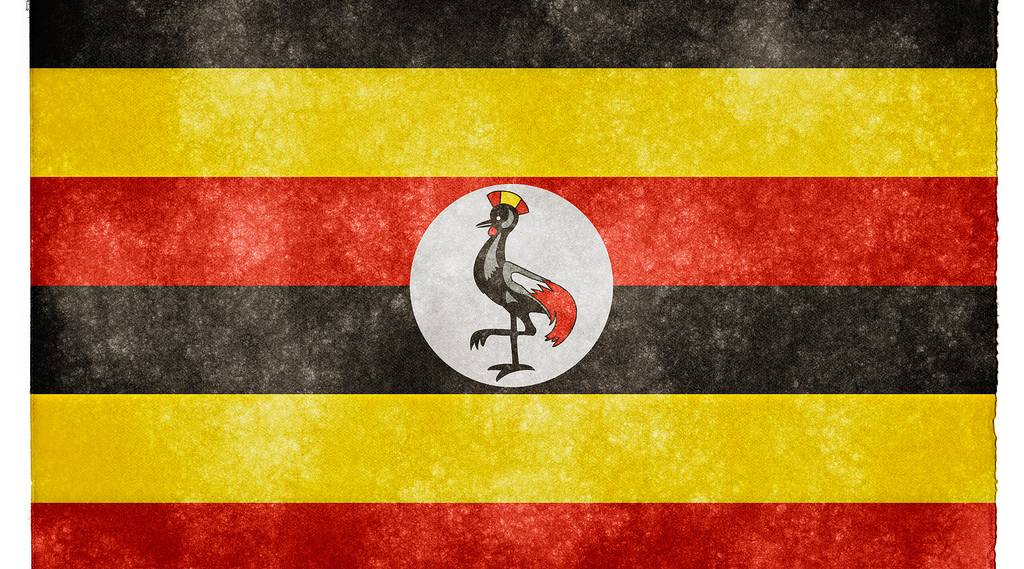
Uganda
Capital city — Kampala
Country population
Incarceration rate (per 100,000 inhabit…
Type of government
Human Development Index
i2016/ UNDPName of authority in charge of the pris…
Total number of prisoners
i2016/ Uganda Prisons ServiceAverage length of imprisonment (in mont…
2months (for petty…
i2015/ UHRCPrison density
Total number of prison facilities
i2016An NPM has been established
Female prisoners
i2014/ FHRIIncarcerated minors
i2014/ Uganda Police Annual Crime ReportUntried prisoners
Death penalty is abolished
No, but abolitionnist in practiceno execution sinc…
Physical integrity
Death penalty
Uganda is a retentionist country, even though the last execution was carried out in 2003. There are 28 offences (civilian and military) punishable by death sentence. The law exempts certain categories of people from being sentenced to death (juveniles, pregnant women, and mentally ill persons). Hanging is the preferred mode of execution in civilian law. Firing squad is the preferred mode of execution in military law1.
There were 209 people on death row (198 men and 11 women) as of July 27th 2016. The majority of them are at Luzira Maximum Security Prison and Luzira Women Prison. Jinja Maximum Security Prison can sometimes host death row inmates as well.
“The death Penalty in Uganda: Obstacles to the adoption of the draft Protocol and strategies the civil society could undertake to mitigate them” by Lucy Peace Nantume, 23/06/2016 ↩
Nb of death sentences
198
Torture is considered a crime since the enactment of the 2012 Anti-torture law. The Constitutional Court ruled, on October 2015, that state agents shall be held accountable as individuals. The punishments can go up to as much as 15 years of imprisonment and a fine of 7.2 million shillings (USD 1,970). Aggravated torture is subject to a life sentence.
The Uganda Prisons Service (UPS) has taken strong stands against torture and several reforms have taken place in the past years to eradicate this practice in prisons. Yet, the Uganda Human Rights Commission (UHRC) and human rights organizations still report cases of torture carried out by state agents. Some of the practices included rape and severe beating. These events tend to take place in police stations usually to force confessions. The UHRC also registered cases of torture and ill-treatment by katikkiros (prison leaders).
Amnesty International released a report, on December 2015, accusing the Ugandan government of torturing political dissidents during the presidential election period. Vincent Kaggwa, spokesman for a group linked to Amama Mbabazi, -former Prime Minister and political opponent of president Yoweri Museveni– was arrested and held incommunicado for four days. According to Amnesty International: “The police refused to disclose his whereabouts to his wife for the duration of his detention. When he was eventually released, he said police had ordered him to undress and sprayed him with high-pressure cold water from a hose pipe directed at his lower abdomen, causing him intense pain. Amnesty International considers that Vincent Kaggwa was subjected to enforced disappearance and torture”1. On July 2016, eight top police officers were accused of torture on political opponents by a Ugandan court2.
The Ugandan Police Force’s Professional Standards Unit (UPF-PSU) are in charge of investigating cases of arbitrary detentions, torture, death in custody and corruption. The UPF-PSU received 172 complaints of human rights violations by police forces as of September 2015. Cases involving state agents are usually delayed, and sometimes not brought to trial, due to lack of investigation.
“Uganda: Arbitrary Arrests and Excessive use of force hindering debate in run-up to elections” by Amnesty International. 7/12/2015 ↩
“Uganda’s top police official summoned over torture allegations” in Newsweek, 7/26/2016 ↩
Security state forces made use of arbitrary detention in several occasion, throughout the year, in order to intimidate political opponents.
Kizza Besigye - presidential candidate and main opposition figure - and the spokesperson of his party were arrested on October 15. They were supposed to attend a rally and the opening of the party’s office in Kampala. The Police considered the rally as a campaign and accused them of violating the Electoral Commission rule. Both detainees were released the same day without charge.
Civilians have been held incommunicado in military facilities and unknown locations in the past, even though no complaints were filed by the FHRI in 2015. The Joint Anti-Terrorist Task Force (JATF) has also been accused of arbitrary detention under the Incommunicado regime.